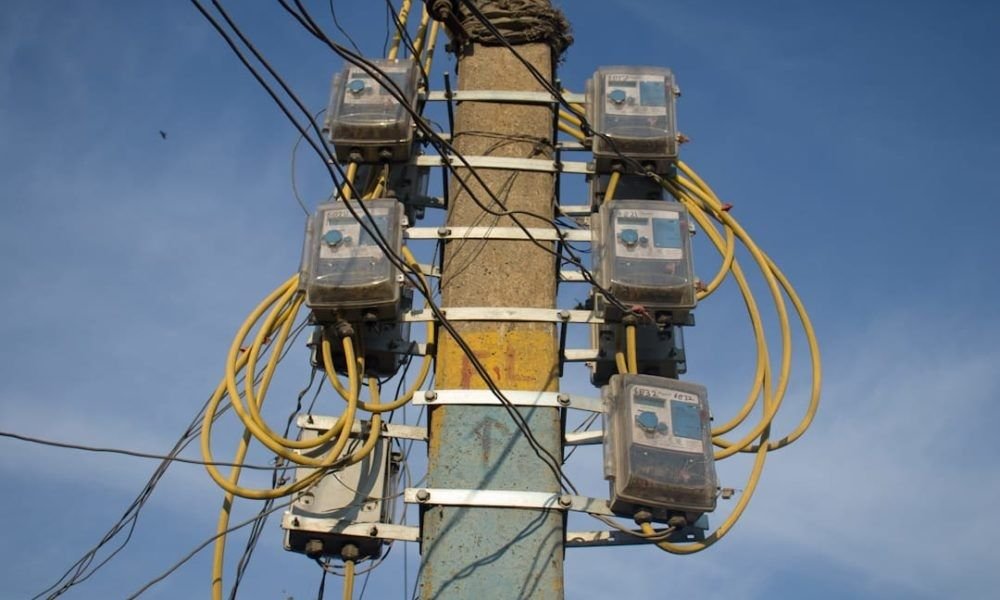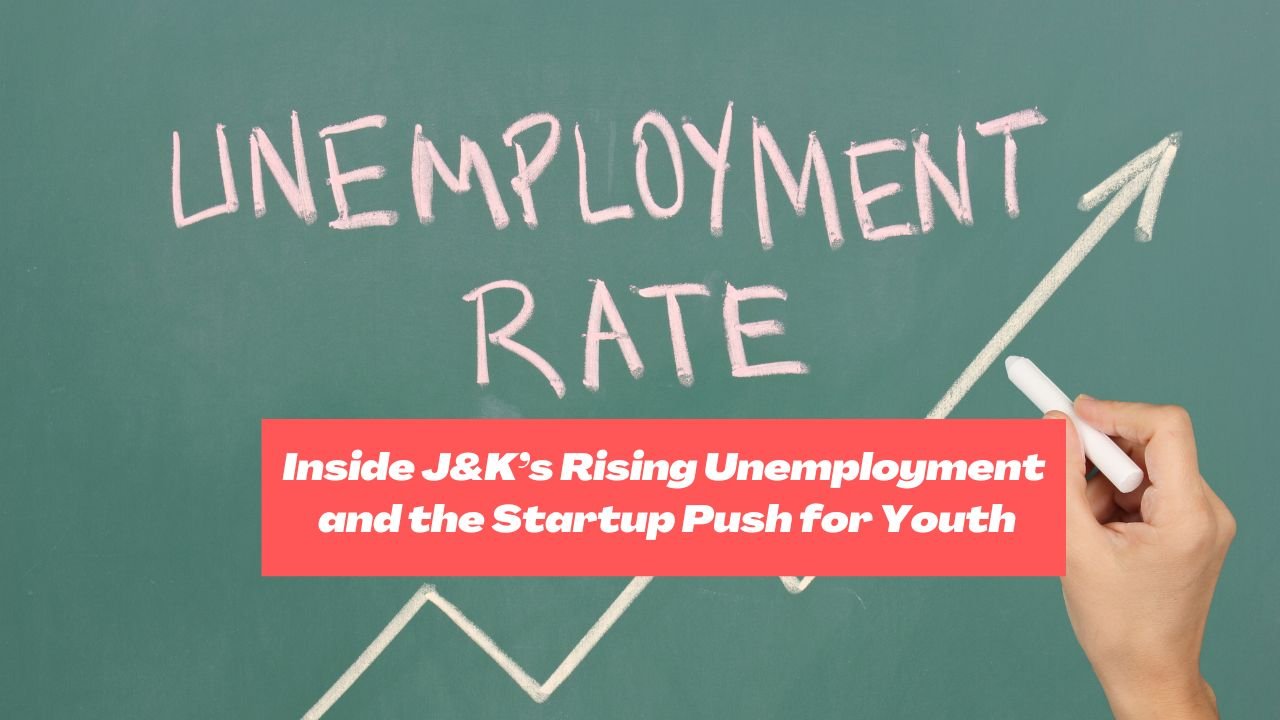Even though the Supreme Court has agreed to take a decision on Article 35A after diwali, debates around it don’t seem to subside. Parties and independent personalities of Jammu region are on a marathon; either opposing or defending it. Here is what all of them have to say:
“It is void ab initio as it is not passed by Parliament, but has been extended to Jammu and Kashmir by virtue of a Presidential order and Kashmiri politicians have been supporting it only to project J&K as different from India”.
Harsh Dev Singh, Chairperson, Jammu and Kashmir National Panthers Party
“There is a need to get rid of the “stifling statute” (Article 370)…. coupled with Article 35A, which have provided a constitutional mechanism to promote fissiparous and separatist tendencies in J&K. This Article has created a state within a state and provided justification to so-called sub-nationalism’’.
Ashwani Chrungoo, President, Panun Kashmir
“If Article 35A comes in the way of development of the state compared to other parts of the country, there will be no hesitation in repealing it”.
Vinod Pandit, Chairman, All-Parties Migrant Coordination Committee
“…though tribals are not opposing the Article at present, the constitutional provision has adversely affected their development”.
“…people from Gujjar and Bakerwal communities got Scheduled Tribe status way back in 1991, but they did not get political reservation in the state legislature despite the fact that they were the third largest group after Kashmiri Muslims and Dogras”.
Javed Rahi, General Secretary, Tribal Research and Cultural Foundation
“It is a sensitive and debatable issue and it will be kept in public domain so as to take on board people of all three regions of the state including civil societies’’
“…old laws should be revisited by taking people on board as part of a democratic structure. But before that, the Centre and state government should clear their stand on the issue”.
Sham Lal Sharma, State Vice-President, Indian National Congress
“…state subject laws were brought into force by Maharaja Hari Singh in 1927 to protect Jammu Dogras from the rich people from Punjab… if these are removed, the greatest damage would be to Jammu Dogras in terms of economic condition, employment and identity. People of all three regions will suffer”
“…The enactment of the State Subject Laws had not been sought either by the people of Kashmir or Ladakh, but by the Dogras of Jammu, who had legitimate apprehensions that wealthy businessmen from Punjab will take over Jammu’s economy and dominate social life in ways that the region will cease to be a Dogra homeland. The laws have withstood the test of time for the past 90 years and hugely helped in preserving the identity and interests of the Dogras”.
Devender Rana, Provincial President, National Conference
“It has done damage to the state and the Indian nation”
“…The BJP in its agenda of alliance with PDP has committed that it will not alter any of the constitutional provisions. Abiding by coalition dharma, the BJP on its own will not do anything to alter any provision of the Constitution’’.
Sunil Sethi, State Spokesperson, BJP
“It is an atrocious article that creates a high wall between people of J&K and the rest of India. It must be thrown out lock, stock and barrel”
Prof. Hari Om, Historian & Social Activist
Read also: What is Article 35A and why is it making news
Abrogation of Article 35A is leading to unprecedented political developments in the Valley where as people in Jammu Division are in favour of the abrogation of Article 35A and Article 370. For instance, it is the first time in recent past that all major political parties in Kashmir, including the ruling People’s Democratic Party and the opposition National Conference, independent MLAs and even the Hurriyat have come together on an issue.















